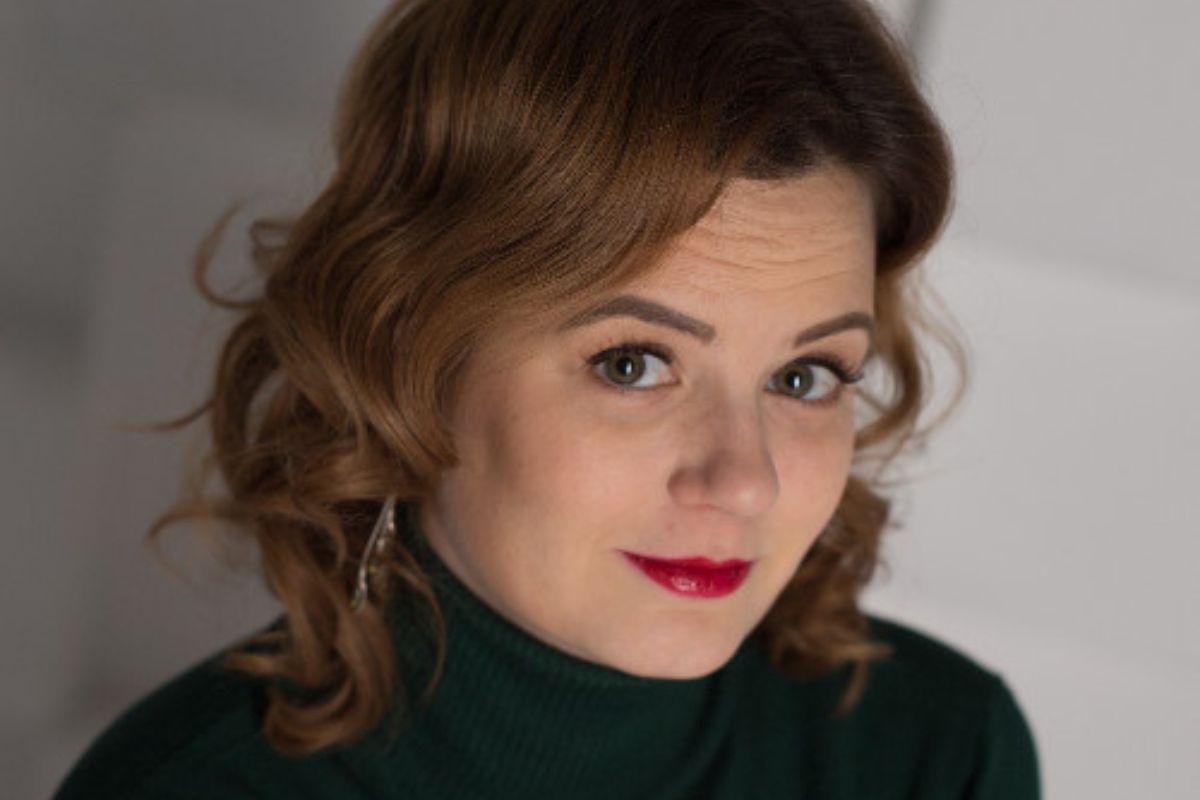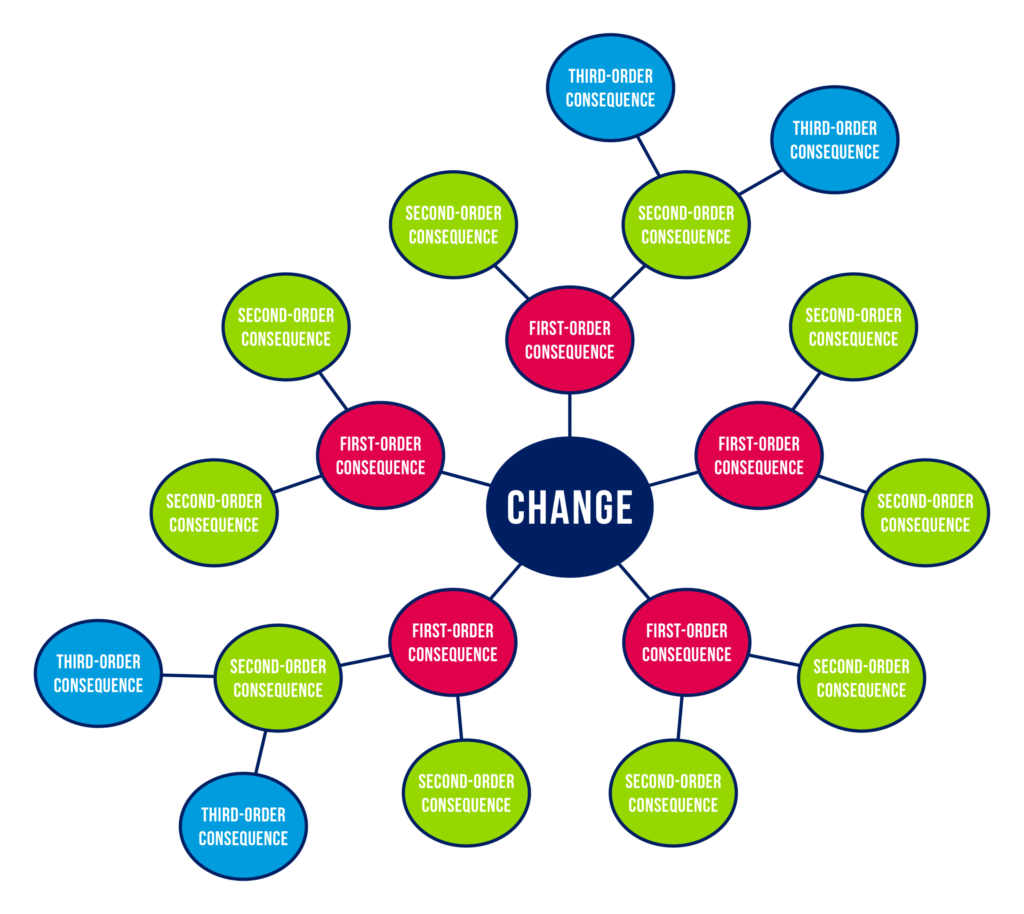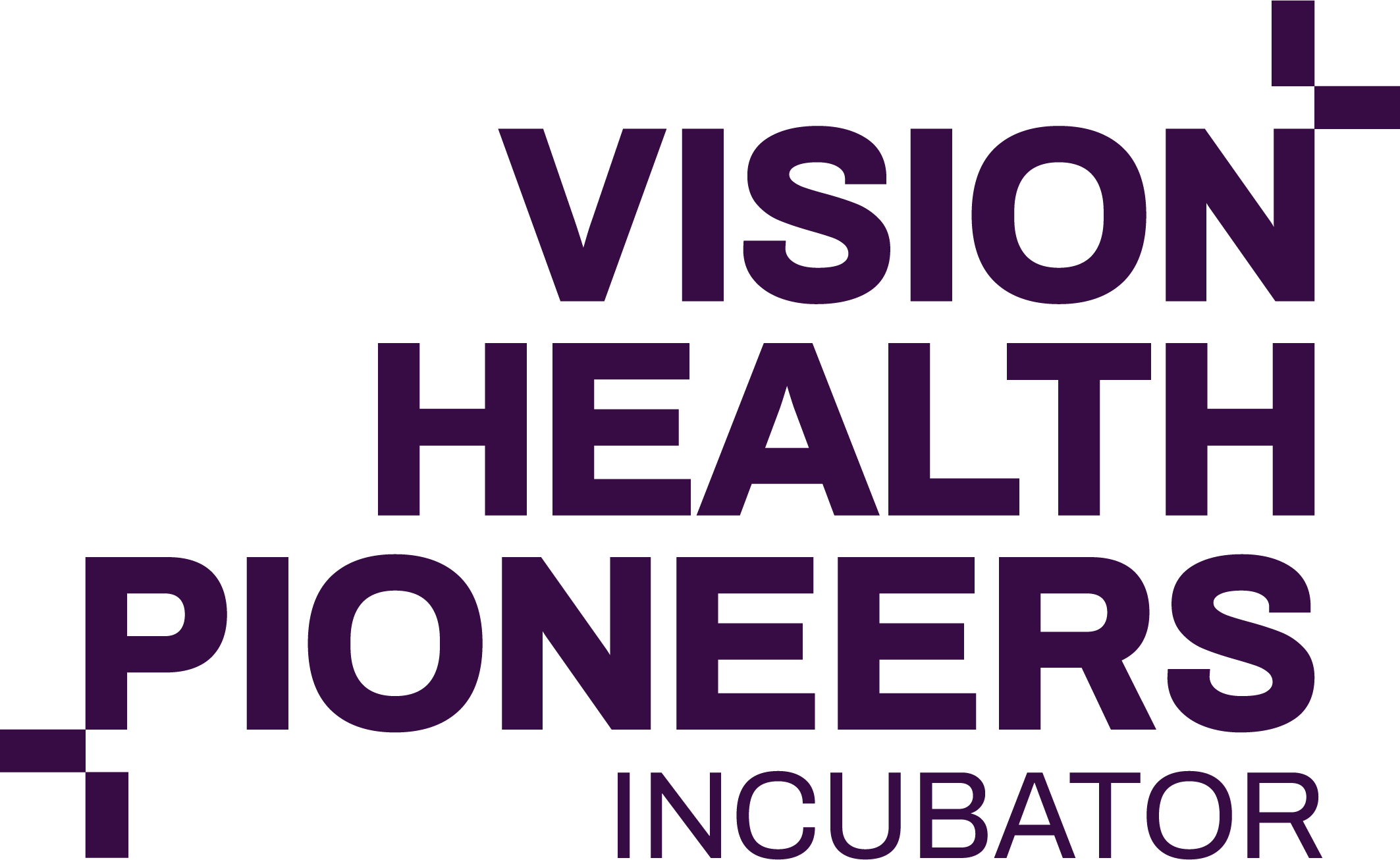
17 Apr Eyes on the future — Trends and Foresight for HealthTech Founders

Agathe Acchiardo is the founder of Think Next, a foresight agency for healthcare actors, and Vision Health Pioneers Incubator coach. In our conversation, we talk about Agathe’s healthcare career and explore why trend analysis and foresight are crucial approaches for any startup that wants to stay relevant in a quickly changing market and world.
CHANGEMAKER ACROSS HEALTHCARE CONTEXTS
After her MBA, Agathe joined a pharmaceutical company, which proved to be the jumping board to her 9-year-long career stint in the industry. “In 2006, I joined AstraZeneca where I had a wonderful string of opportunities in different countries. Initially, I was based in Belgium, then I did projects in Latin America, and after that, I spent two years in Singapore working in the Asia-Pacific region. I then got a role in Russia for four years, leading the commercial effectiveness function with a team of 35 people”. Working across so many countries truly helped her to understand the diversity of healthcare systems and the cultural differences across countries when it comes to health management.
When she left the company, Agathe decided to pivot her career towards something more forward-thinking and innovative. “I joined a consumer trend agency based in London called Foresight Factory, which identifies trends, and helps their clients understand how these trends might inform their innovation agenda.”
For two years, she learned the nuts and bolds of trendwatching and foresight, before starting her own consulting business, Think Next. “I started working with large pharmaceutical companies on their innovation agenda, using a mix of service design and foresight tools, to help them become more future-oriented.” Agathe’s background in the industry was critical to her success working with clients: “ To understand how trends, innovations, and foresight can be relevant to them, you need to speak their language. I often say, I speak pharma and I speak foresight. And I do the translation between both.”
Besides big corporations, Agathe also works with smaller companies like our teams in the Vision Health Pioneers Incubator. “I love working with startups because they have a certain vision about the future of health. They bring optimism and a can-do approach that you don’t always find among corporate clients.”

But for most startups, stuck in the hustle and bustle of the immediate now, trends and foresight aren’t high on their radar. “While startups often start with a great idea and a lot of passion, they also need to harness this passion and channel it in the right direction. This is why they need to get a sense of the broader context; the future of healthcare and how their solution might fit in – not only for the next funding round, but ideally in the next 3,5,7, 10 years.”
Mind the gap and the waves – why trends matter to your startup
“When I work with startups, I’m trying to help them understand how their brilliant ideas fit into a broader set of trends that is impacting the market. Some trends are relevant for them to leverage for their communication – to the general public or to investors. They could be referenced in their pitch deck to show an understanding of how the industry is taking shape.”
For example, telemedicine startups often have no idea about their carbon footprint, and might think the sustainability agenda doesn’t apply to them because they are so small. At the same time, if they want to partner with pharma companies, they are likely to be asked what their carbon footprint is. “So let’s be prepared for that conversation – it might even turn into one of your selling points”.
What if…?
As Agathe highlights, foresight is not about making predictions or grand visions about disrupting the future. “Foresight is about how to have a structured conversation about potential futures.” Foresight, says Agathe, is “all about asking what-if questions and working through diverse scenarios – beyond the realm of questions relating to ‘what if I get funding’. Instead, “It could be interesting to say, what if we do it differently, what if we have a different go-to-market? What if we pivot? Foresight is a really helpful practice to be more reactive when you find yourself in need of pivoting – which might happen in start-up life!”
“Foresight is a lot about developing a cognitive ability – it’s the question of how well you’re going to be able to adapt, adjust, pivot, when things become rocky or when an opportunity walks your way.”
Curiosity is key
What other quality or capacity can we nurture to become better at foresight? For Agathe, the answer is simple: curiosity. “It’s a very underrated quality, but one that helps with parallel thinking. Similar solutions are available in other parts of the world, and founders are often not aware of them. I see many startups almost getting into this tunnel vision, being laser-focused on their solution. On one hand, this is great, but it can also cut you out from a lot of things that could make your world a little bit richer, could make your solution more interesting, and could make your narrative more appealing. ”
The Futures Wheel
A valuable foresight tool Agathe recommends playing with is the Futures Wheel. At the center of the wheel, one starts to note down a thought provocation – what if…., and then work through the first order of implications and build up multiple degrees of impact. “Very often when you do the Futures Wheel, it leads you to some aspects of the problem that you had not considered. And it’s also a good team brainstorming exercise. It helps structure all the ripple effects of whatever you are going to create. Maybe there’s a catch somewhere – a negative ripple effect. Or on the contrary, another opportunity you have not yet seen. What are the adjacencies you can explore to fill up your pipeline of projects in five years or 10 years? How can you start developing a value proposition on a higher order of change than the one you’re currently addressing?”

Trends and foresight matter, even when you are in your early stages. It’s both a cognitive ability to nurture and a set of tools you can experiment with to stay relevant and develop a more impactful value proposition. How will you adapt and change in a changing world?



